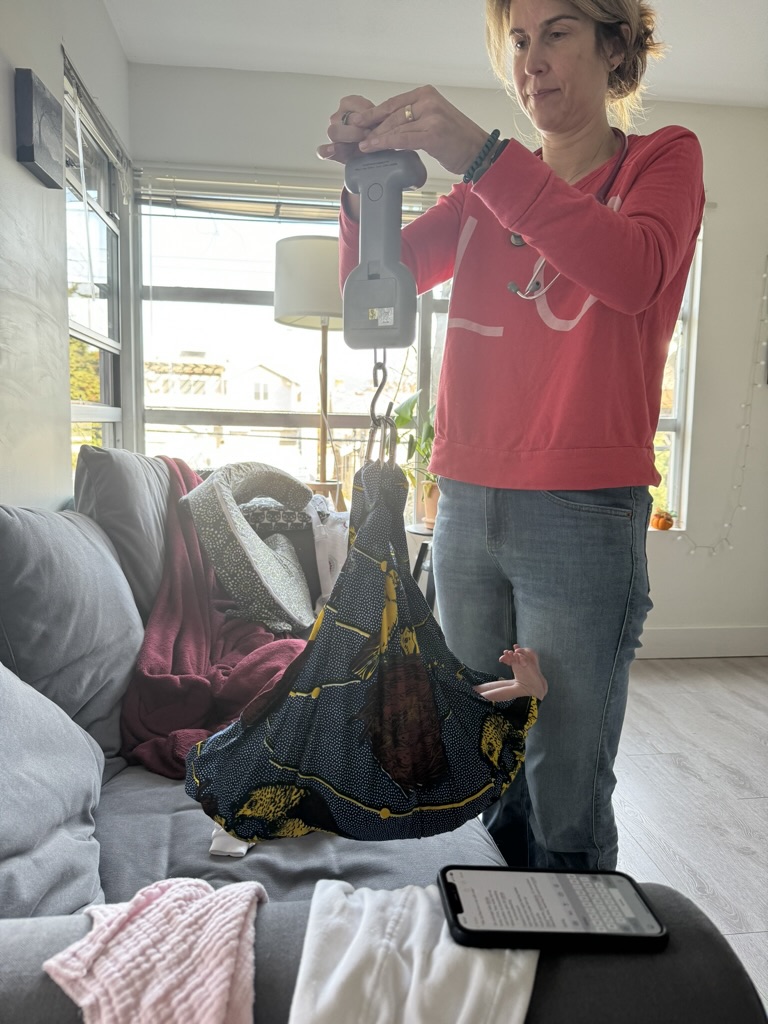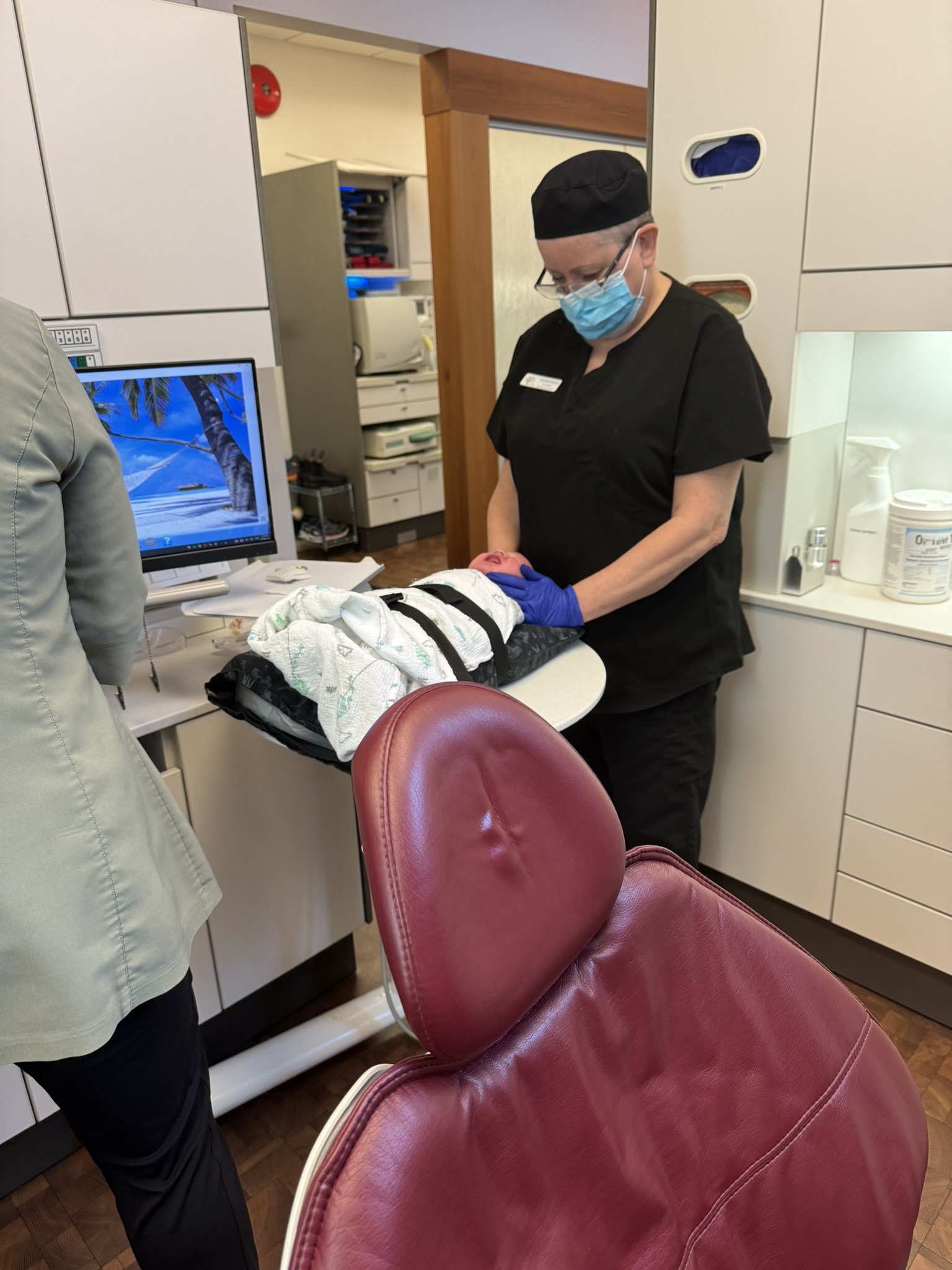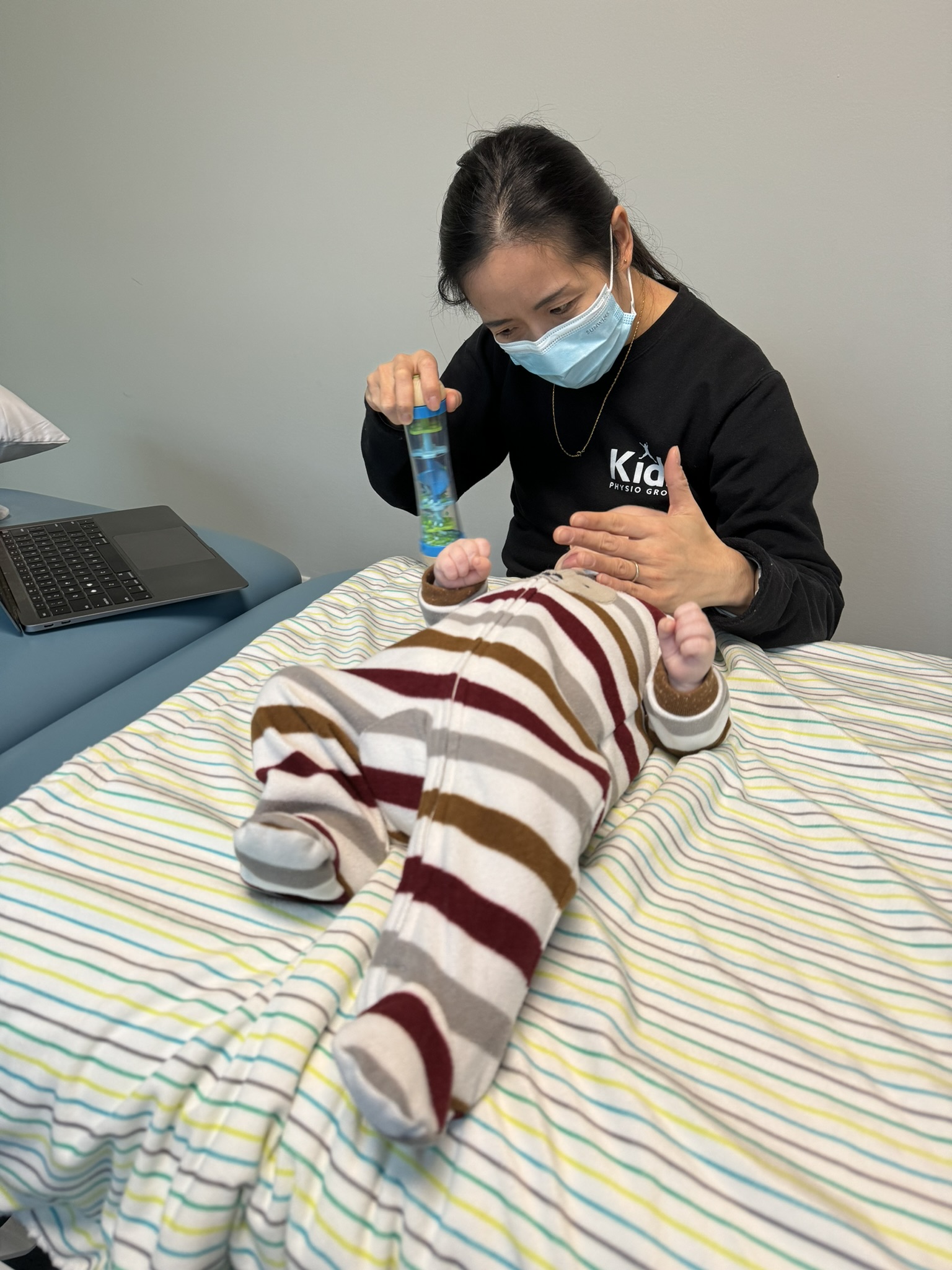Hello everyone! I wrote this post about five months ago, but never got around to finishing and publishing it. The time has come! I’ll share my experience with postpartum care for both the child and the mother here.
I didn’t know much about children at all, so I had a hard time imagining how to learn everything and where to get reliable information during those early days when you have no energy for anything (I don’t trust social media bloggers). But it turned out not to be so scary; there was support, especially in the beginning. I’ll talk about the specialists who monitor the child and mother in British Columbia, though it may differ slightly in other provinces.
Midwife
For the first 6 weeks after giving birth, we were under the care of our midwives. The first couple of months were quite tough. Besides the fact that the baby lost 11% of his weight (the norm is considered to be up to 10% weight loss), he was gaining weight very poorly, and everyone was trying to figure out why. The midwives were terribly worried about the baby’s poor weight gain and came to our home every other day for two weeks. Usually, as far as I know, they come a few times during the first week, and by the second week, they expect a clinic visit. They also advised us on what to do with feeding: for example, how to increase milk production, how and when to give formula, pump, what to use, and so on.

The midwife weighing the baby
In the first days, we called the midwife pager 24/7, asking everything from “what to do, he’s crying constantly” to questions about the color of poop, of course haha. We could even send a photo via text for assessment :)
Every time they came to check on the baby, they also checked on me: examining how everything was healing, asking about my condition, and talking to us about how to better organize our lives so that each of us could get some sleep. For up to 4 weeks, I felt like we had constant support, but after that, when we were transferred to the pediatrician (more on that below) and the midwives got new babies to care for, they didn’t pay much attention to us. While the baby was still closely monitored during visits, my complaints were usually dismissed with “it’ll pass on its own,” and they didn’t even check. By the end of the 6 weeks, I felt like I was no longer of interest to them. At least, that’s how it felt compared to how attentive they were to me during pregnancy versus a month after giving birth. After 6 weeks, our care with the midwives ended; they handed me documents from the hospital discharge, showed me how to use a mirror to check how everything was healing (lol), and sent us on our way. From that moment, we entered the regular Canadian healthcare system, and it still disappoints me, especially in British Columbia!
Lactation Consultants
Lactation consultants assist with all questions related to feeding the baby, from breastfeeding to bottle feeding and other techniques to ensure the baby isn’t left hungry. For up to 6 weeks, lactation consultants are covered by government medical insurance if referred by a doctor or midwife. Without a referral, you can see a consultant for a fee, which costs around $130-160 CAD. We were referred to confirm that the baby had a tight tongue-tie and to determine how much milk was being consumed directly from the breast. This was a whole new world for me; I didn’t know such specialists existed. One downside is that you have to come to the appointment with a hungry baby, which often disrupted our schedule. Appointments with lactation consultants last about an hour and a half, and they don’t rush you. After 6 weeks, free appointments end. In general, most of our issues were more or less resolved by this time. However, if help was needed later on, there are also lactation doctors you can see for free (as our last lactation consultant mentioned) with a referral from a family doctor. Though their appointments aren’t as long. We visited a few lactation consultants, one clinic called Richmond Breastfeeding Centre (The Milk Maven) with Candace, who we didn’t like much, and another consultant at the South Community Birth Program, who we liked a lot.
Family Doctor
After 6 weeks of midwife care, the baby is referred to the family doctor for monitoring, if you have one. The family doctor can check the baby once a month, measuring length, weight, and head circumference, and also administer vaccinations according to the vaccination schedule. Any issues are addressed with the family doctor, though getting an appointment, as usual, is difficult. This is quite frightening because if something urgent but not emergency-worthy arises, there’s nowhere else to turn.
Pediatrician
After the birth, we suspected that the baby had a tight tongue-tie (which caused feeding and weight gain issues), but two of our midwives denied this. A couple of weeks later, a third midwife confirmed the problem and referred us to a lactation consultant (as mentioned above). In the fourth week, the weight gain completely stopped, so we were sent to a pediatrician. Here’s the interesting part: you can only see a pediatrician if there’s a problem. Routine check-ups are done by the family doctor. In the USA (and of course in post-Soviet countries), for example, pediatricians handle children’s care. Since a pediatrician is a specialist, I expected a long wait for the appointment, but it wasn’t bad—we only had to wait a week, which is an eternity in the life of a small child.
Once we saw the pediatrician, we could consult them without a referral for six months (this seems to apply to any specialist, as it turns out). The appointments weren’t rushed; they always answered all our questions and was very attentive. I often read on Reddit about how in the US, you can call your pediatrician with any question. We don’t have that luxury here. However, we were referred to the pediatrician again when the baby was 7 months old, so now we can consult with them on any child-related issue for the next six months, which is convenient!
By the way, the tongue-tie was surprisingly cut by a dentist. We did it at Redtree Dental and were happy with the experience.

Tongue-tie procedure
Public Nurse
In my post about pregnancy in Canada, I mentioned that during pregnancy, you can contact a public nurse. Google says a public nurse is a public health nurse who provides a wide range of healthcare services, including disease prevention and health promotion. During my pregnancy, I was connected with a public nurse who followed up after my discharge from the hospital and started communicating with me again every couple of weeks after the midwife’s care ended. You can ask them any questions related to the child’s health and development. Immunizations can be done at the center where they work, but we usually do them with our family doctor. Since it’s hard to get an appointment with the family doctor quickly, I usually call or text our public nurse with minor questions. I have her number and can even send them text messages if something is not urgent. She calls me every couple of weeks, and I can consult her on anything from “why hasn’t the baby pooped in three days” to “what should we do with him all day.” I find it very helpful to talk to her, even if I’m just complaining about something. It’s especially nice that she cares not only about the baby’s health but also about mine. A public nurse can be with you for up to five years! I really like her; she’s very responsive, kind, and caring. We’re very lucky with her. She recently changed her clinic but kept us as her clients because she said she likes us too. Thanks for that!
Physiotherapy
From about three weeks old, we started going to physiotherapy to help the baby develop his tongue and mouth muscles after the tongue-tie procedure and to assist us with feeding issues. I really enjoyed our sessions, so even after we solved the main problems, we continued going to physiotherapy. They showed us exercises to do with the baby for development, etc. After each session, the physiotherapist sent us a list of exercises to do at home. Physiotherapy isn’t covered by government insurance but is covered by work insurance. I highly recommend Kids Physio; they have many locations, and we went to the one on Cambie.

Physiotherapy session
Mental Support
During my pregnancy, due to increased anxiety, I was seeing a psychiatrist from the Reproductive Mental Health program at BC Women’s. After giving birth, care continues for up to a year. I speak with her every couple of months. You can contact her anytime for an appointment or a prescription. If you want to see her more frequently, you must make a case for it.
Other Specialists
At the beginning of January, after an examination, my family doctor referred me to a OBGYN because I was experiencing some issues. In April! I finally saw her, but the appointment lasted only five minutes, and it was terrible (so much so that I eventually decided to file an official complaint against her). She didn’t help me at all, so I was scheduled to see three other OBGYN. My child is now 9 months old, and I still haven’t seen any of them. To say I’m in shock is an understatement. Once again, I’ve been dealing with some postpartum concerns (they’re not as severe as they were before, but still present), and I haven’t been able to see a OBGYN in 9 months. Shocked? So am I. Yes, I’m on every cancellation list; it’s not my first day living in Canada :) My family doctor even personally called the clinic and requested that they see me, but nothing worked. My nurse also wrote some emails somewhere, but that didn’t help either. That’s how things stand.
Conclusion
Overall, to be honest, due to the inability to see a OBGYN, I’m left with the feeling that after giving birth, the system doesn’t care about women (where are the feminist organizations when they’re so needed?!). Even though the Government is willing to allocate resources for a women’s mental health, it seems like no one cares about their physical health, even though they are connected. Meanwhile, my experience with my child’s care has been relatively positive—we even managed to see a specialist in the hospital just a week after getting a referral (even the pediatrician was surprised). We’re currently waiting for some tests at the children’s hospital, but no one has called us yet. Surely, there are women with positive stories about getting healthcare after childbirth, but even my psychiatrist at BC Women’s Hospital wasn’t surprised by the long wait and said, unfortunately, the situation with healthcare is broken right now. That’s all I wanted to share today.